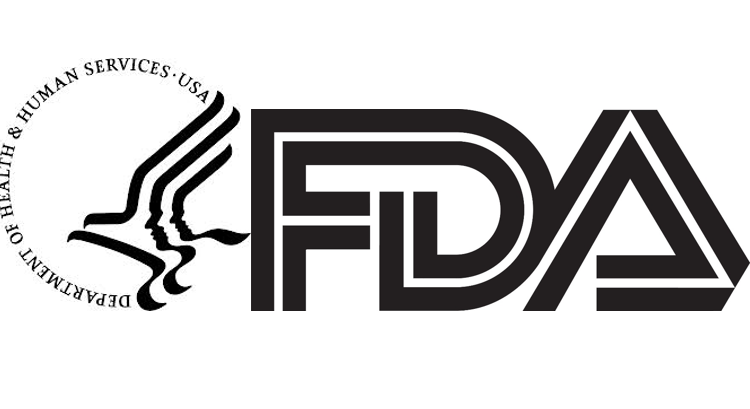On November 16, 2018, the United States Food and Drug Administration (FDA) announced that the agency plans to soon publish a framework for a real-world evidence (RWE) program. The framework is intended to help evaluate the use of RWE to help support the approval of a new indication or to help support or satisfy post-approval study requirements.
Currently, the FDA requires evidence from premarket clinical trials that the medicine will be effective and safe when prescribed according to labeling. However, there are times when the FDA only identifies issues that need additional evaluation at the time of approval or even later, once the drug has been marketed.
The issues found after the drug has been marketed are typically found through post-marketing studies, which can provide additional information that sometimes leads to labeling changes, supporting the expanded use of a drug, or alleviating concerns about a potential drug risk.
Recently, new tools for capturing data in the post-market period, including more sophisticated use of real-world data and real-world evidence (RWE), are providing new approaches to address important questions about the safety and benefits of new drugs.
These new approaches have the potential to provide follow-up information more rapidly and with greater efficiency than traditional methods. For example, the FDA recently released the MyStudies app, which is expected to help collect RWE from patients’ cell phones and other mobile devices.
The Food and Drug Administration Amendments Act of 2007 (FDAAA) gave the FDA additional authority to require safety-related post marketing requirements (PMRs). Prior to the implementation of this Act, if the FDA wanted to further evaluate the safety of a drug post-approval, it would generally have to request the applicant agree to conduct a post marketing commitment. The 2007 Act gave the FDA explicit authority to require safety-related PMRs and hold manufacturers accountable for completing the PMRs through enforcement authorities.
2017 Report on Performance of Drug and Biologics Firms in Conducting Postmarketing Requirements and Commitments
Also released the same day as the above announcement was the FY 2017 Report on the Performance of Drug and Biologics Firms in Conducting Postmarketing Requirements and Commitments, which provides an update on how the Agency is completing the postmarketing studies on time.
According to FDA Commissioner Scott Gottlieb, 81% of open PMRs (1,056 of 1,298) and 76% of open PMCs (248 of 326) are progressing on schedule. Gottlieb also made sure to note that just because a study is not operating on time does not mean it isn’t taking place – the study may be ongoing, but the status is delayed because the sponsor is behind the originally planned schedule, which happens for a variety of reasons, including practical considerations or other reasons to change the study protocol.
The FDA also regularly tracks and informs Congress on the status of a subset of PMRs and PMCs that were open at the time FDAAA was signed into law but have not yet been completed or fulfilled, also known as the “backlog.” According to Gottlieb, since the FY 2017 report to Congress, the Agency continues to make progress in closing the “backlog.” That report highlighted that the FDA Center for Drug Evaluation and Research (CDER) had completed review for 1,468 of the 1,553 PMRs and PMCs in the backlog and the FDA Center for Biologics Evaluation and Research (CBER) completed review of 71 of 83 PMRs and PMCs in the backlog. It is expected that the backlog will continue to be reduced each year as applicants finish studies and trials and submit their final reports.

